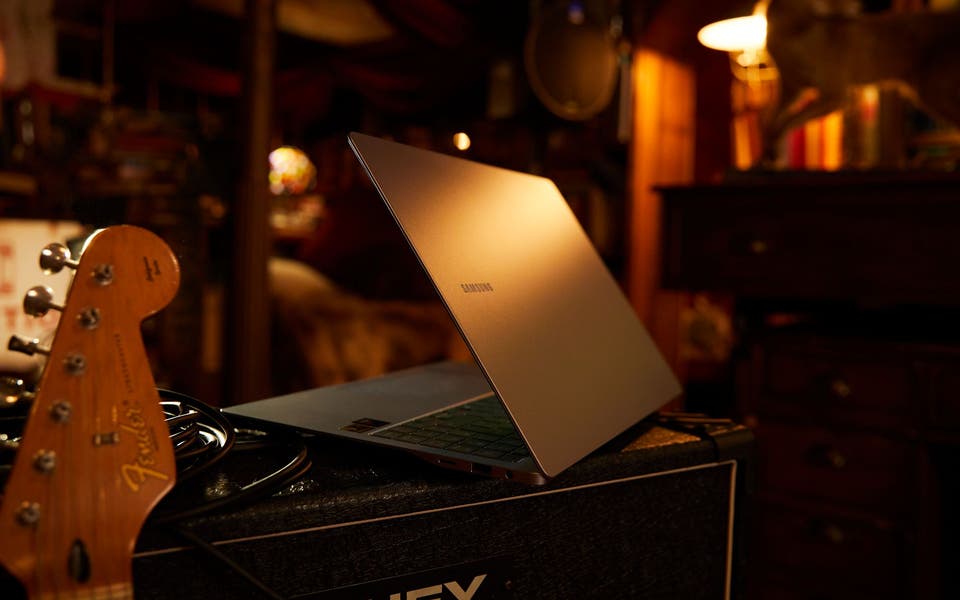Coca-Cola hails Olympics recycling trial ahead of UK deposit return scheme

Coca-Cola said its trial of a “closed loop” recycling scheme at the Paris Olympics has been a “valuable” test ahead of a long-awaited deposit return scheme (DRS) launching in the UK in 2027.
The drinks giant trialled a system of collecting some bottles during the Olympic Games and recycling them to be reused during the Paralympic Games.
A Coca-Cola Europacific Partners (CCEP) facility 15km outside Paris played a key role in helping to cut the usual recycling cycle from four months to less than four weeks for some bottles used during the Games.
Coca-Cola, which has been involved with the Olympic Games since Amsterdam 1928, also set up 700 drink fountains with refill options, returnable glass and plastic bottles made from recycled material, excluding caps and labels, and served drinks in reusable cups provided by Paris 2024.
Packaging accounts for about 30% of greenhouse gas emissions
Wouter Vermeulen, Coca-Cola
It said the move was aligned with its “World Without Waste” goal of collecting and recycling a bottle or can for every one the company sells by 2030.
It said the scale and complexity of the Olympic and Paralympic Games provided a unique opportunity to test solutions to packaging waste, and it is considering what it learnt from Paris alongside other “closed-loop” models, such as Ireland’s recently launched DRS.
Although the DRS will be different to Paris 2024 – where different venues collected plastic bottles and returnable cups as opposed to consumers returning their empty drinks containers via reverse vending machines within grocery stores – Coca-Cola said it supported trialling various systems as collection rates stagnated in the UK.
At the Euros in July, which Coca-Cola also sponsored, CCEP managed a cup deposit system whereby spectators were asked to pay two euros for their cup, which was refunded when it was returned.
The cups remained in circulation in stadiums throughout the tournament.
Ahead of the Olympics, more than 100 sports organisations and athletes from around the world called on Coca-Cola, Pepsi and CCEP to cut plastic pollution by increasing their use of reusable packaging.
Read More
The Paris 2024 Olympic and Paralympic Games are the largest sporting events to serve beverages in reusable packaging, potentially replacing millions of single-use plastic cups.
Wouter Vermeulen, Coca-Cola’s vice president for sustainability and public policy in Europe, said: “Packaging accounts for about 30% of greenhouse gas emissions.
“We support DRS in Europe because we need to drive collection. We don’t want to see our bottles turned into a shampoo bottle or a car carpet. That’s why we want closed-loop recycling.”
As of February 1, Ireland’s DRS has been encouraging customers to “bring it back” to supermarkets and smaller stores from Dublin to Cork, with almost 2,000 reverse vending machines (RVMs) installed from supermarkets to forecourts.
This Government is committed to creating a road map to a zero-waste economy
Mary Creagh
Shoppers pay 15 to 25-cent deposits on plastic bottles, which are repaid in the form of in-store food and drink vouchers or a cash refund.
Labour recently confirmed its plans to introduce a DRS in the UK before October 2027.
Circular economy minister Mary Creagh said: “This Government is committed to creating a road map to a zero-waste economy – a future where we keep our resources in use for longer; waste is reduced; we accelerate the path to net zero, we see investment in critical infrastructure and green jobs; our economy prospers; and nature thrives.
“We are reviewing the suite of packaging reforms and are going to work with our devolved government counterparts, industry and other stakeholders to determine the next steps for the Deposit Return Scheme.”
Jim Bligh, director of corporate affairs and packaging at the Food and Drink Federation, said: “It’s good to see the Government committing to putting a Deposit Return Scheme in place as part of plans for a circular economy.
“This means that drinks containers will be able to be recycled and used again more efficiently and easily, which is good news for the environment, companies and consumers.
“It’s critical that the UK’s governments now work closely together to ensure the scheme is easy to use and understand, operating under the same rules and with the same labels across the four nations.
“A consistent, UK-wide approach is the best way to ensure value for money and to drive up the UK’s disappointing recycling rates.”



